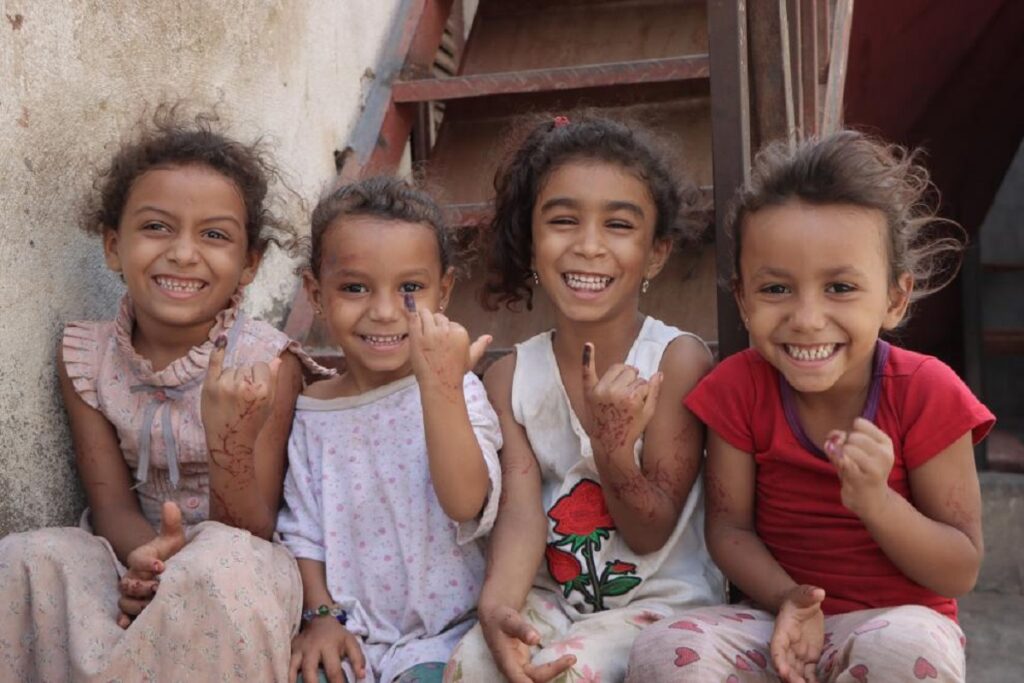In the tapestry of societal challenges, the healthcare struggles faced by impoverished children often go unseen, creating an invisible barrier to their well-being. Navigating a landscape with limited access to healthcare. Thus financial resources are scarce, and preventive measures are often overlooked.
In this blog of Fikrah, we see these children grapple with a unique set of challenges that demand our attention and concerted efforts.
1. Limited Access to Healthcare Services
One of the most pervasive challenges is the limited access to essential healthcare services. Impoverished children often lack proximity to medical facilities, leading to delayed or neglected medical attention. The absence of routine check-ups and preventive care exacerbates health disparities. Thus hindering early intervention and exacerbating health issues.
2. Financial Barriers to Care
For impoverished families, healthcare costs represent a formidable financial burden. The prospect of medical bills and treatment expenses can deter parents from seeking necessary healthcare for their children. The intersection of poverty and health creates a cycle where untreated illnesses lead to prolonged suffering. In some cases, it also causes irreversible health consequences.
3. Underinvestment in Preventive Care
Preventive care, a cornerstone of overall well-being, often takes a back seat in impoverished communities. The focus on addressing immediate health concerns leaves little room for proactive measures. That could mitigate long-term health issues. This underinvestment in preventive care contributes to a cycle of reactive healthcare. That also fails to address root causes.
4. Educational Barriers to Health Literacy
Understanding and navigating the complexities of healthcare often require a level of health literacy that may be challenging for impoverished families. Limited access to educational resources and health information compounds the difficulties these families face in making informed decisions about their children’s health. Bridging the gap in health literacy is crucial for empowering parents to advocate for their children’s well-being.
5. Community Support and Advocacy
Addressing the healthcare challenges of impoverished children demands community support and advocacy. Initiatives that bring healthcare services closer to communities, financial assistance programs, and educational campaigns on preventive care play pivotal roles. In breaking down the barriers these children face. Community-driven efforts can create a supportive environment where health is prioritized and accessible to all.
CONCLUSION
The invisible struggles of impoverished children navigating healthcare challenges call for collective awareness and action. We can work towards creating a healthcare landscape that is inclusive, accessible, and responsive to the unique needs of every child, regardless of their socio-economic background.
By acknowledging the barriers they face—limited access, financial burdens, underinvestment in preventive care, educational obstacles, and systemic challenges. As we strive for a healthier future, it is essential to shine a light on these invisible struggles and advocate for solutions that prioritize the well-being of all children.
Click here to know more about “Poverty and its effect on Children”

